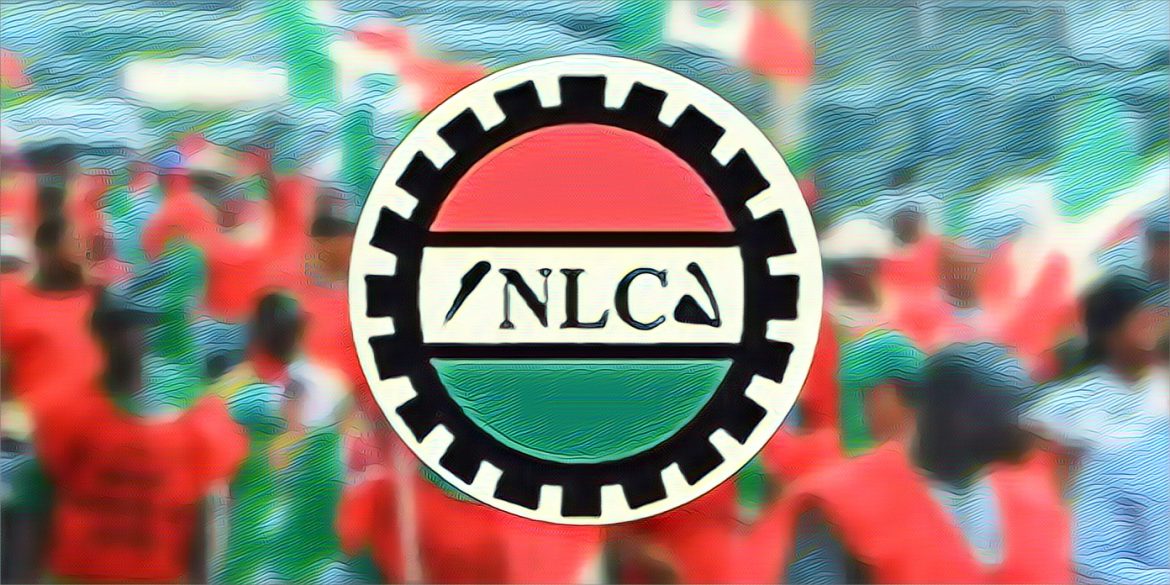Nigeria’s labor unions have issued a stark warning to the federal government, saying they will demand a staggering N1 million minimum wage per month if the nation’s economic woes persist.
The National Labour Congress (NLC) and the Trade Union Congress (TUC), which represent millions of workers across various sectors, said the current minimum wage of N30,000 was no longer tenable, given the soaring inflation and currency devaluation that has eroded the purchasing power of Nigerians.
In a hard-hitting interview with Arise TV on Sunday, NLC President Joe Ajaero painted a grim picture of the economic situation, citing the high cost of food, fuel, electricity, and other essential commodities. He stressed that previous wage negotiations were anchored on similar economic indicators, and the current situation necessitates a significant revision.
“Labour has proposed a living wage of $300 (N436,500) for Nigerian workers. This is due to the fall in the value of our currency, today if you carry N100,000 to the market you will come back with a leather bag of items,” he said.
He added that if the value of the naira continues to depreciate and inflation continues to rise, the demand for a higher minimum wage would be inevitable. “This N1 million may be relevant if the value of the naira continues to depreciate; if the inflation continues to depreciate. The demand for labor is equally dependent on what is happening in society,” he said.
Ajaero also accused the government of reneging on past agreements, particularly regarding temporary wage increases for workers. He said the government had failed to fully implement the N35,000 temporary wage increase for federal workers, introduced in October 2023, as well as the N25,000 palliatives for workers and the fertilizer distribution for farmers.
The unions have issued a 14-day nationwide strike notice, which expires today and are set to meet with federal government representatives to seek solutions. Ajaero warned that if the government fails to address the workers’ grievances, they would have no option but to embark on an indefinite strike that could cripple the economy.
The workers’ demands come at a time when Nigeria is facing multiple economic challenges, including low oil prices, dwindling foreign reserves, rising debt, insecurity, corruption, and poor governance. The country’s gross domestic product (GDP) contracted by 2.1% in 2023, according to the National Bureau of Statistics (NBS), while the inflation rate hit 18.3% in December 2023, the highest in four years.
The government has also implemented several unpopular policies, such as the removal of fuel subsidies, the increase in electricity tariffs, the introduction of a 7.5% value-added tax (VAT), and the closure of land borders. These measures have been met with widespread criticism and resistance from various stakeholders, including civil society groups, opposition parties, traders, and manufacturers.
Many analysts have expressed doubts about the feasibility and sustainability of the workers’ demands, saying they could worsen the fiscal situation and trigger further inflation. They have urged the government and the unions to adopt a more realistic and pragmatic approach, taking into account the revenue constraints and the need for economic diversification and structural reforms.
Source: Business Day


